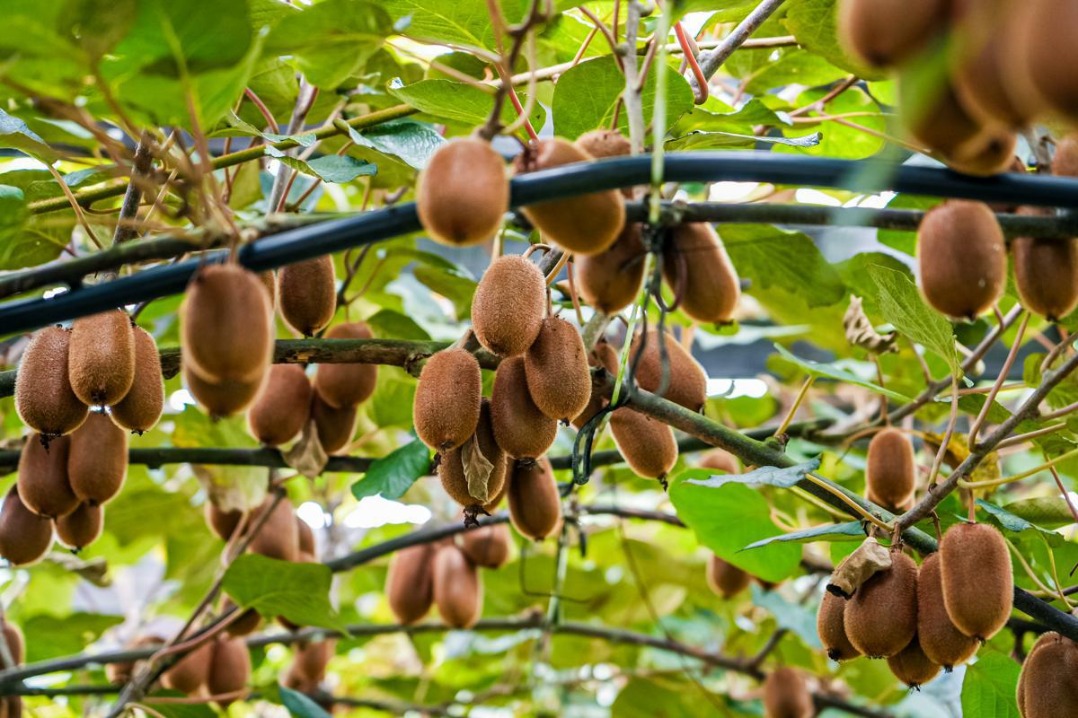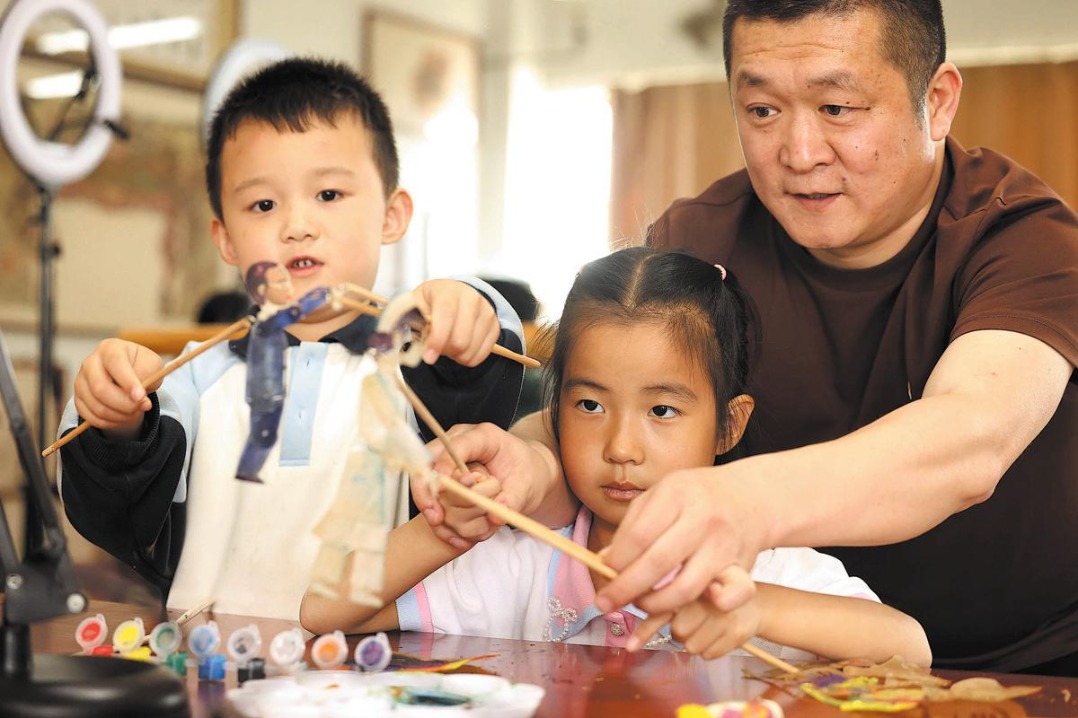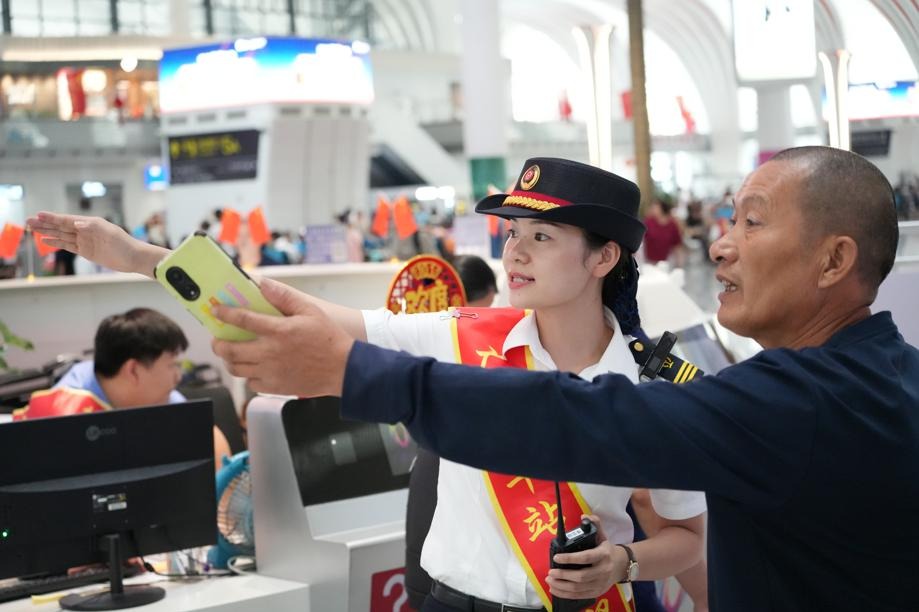Xi hails major progress made in Xinjiang


Development key foundation for region's long-term social stability, president says
President Xi Jinping has underlined the importance of upholding lasting peace and stability in the Xinjiang Uygur autonomous region, saying development is the crucial foundation for the region's long-term social stability.
Xi, who is also general secretary of the Communist Party of China Central Committee and chairman of the Central Military Commission, made the remark at a two-day central symposium on work related to Xinjiang, which concluded on Saturday in Beijing. It was the third such symposium since 2010, with the previous one taking place in 2014.
Xi demanded law-based governance over Xinjiang and long-term efforts to develop it into a region that is united, harmonious, prosperous, culturally advanced and environmentally friendly, with its people enjoying their life and work.
He stressed the need to fully implement the Party's policies and strategies on governing Xinjiang in the new era, which include promoting high-quality growth in the region, improving people's livelihoods and maintaining stability in the region through ethnic solidarity.
Saying that people of all ethnic groups in Xinjiang are members of the great family of the Chinese nation, Xi called for constantly strengthening ethnic unity. Education on the identity of the Chinese nation should be strengthened among the general public so that they will develop a correct understanding of the country, history, ethnicity, culture and religion, he added.
In terms of Xinjiang's economic development, he said the region should leverage its geographical advantages to develop as a core area of the Silk Road Economic Belt and align itself with the nation's opening-up strategy.
Xi urged efforts to consolidate the foundation and increase the efficiency of the industrial sector in Xinjiang, advance industrial transformation and upgrading, and boost urbanization in an all-around way while protecting the environment.
He also underscored the need to coordinate prevention and control of the COVID-19 pandemic with social and economic development in Xinjiang with a focus on poverty elimination and the promotion of employment.
Xinjiang has recently seen unprecedented socioeconomic development, with its people becoming better off. Since the last central symposium on work related to Xinjiang in 2014, the country has been strengthening support to the region both from the central government and other regions to help it develop its economy, employment, education, healthcare and other sectors.
Its gross domestic product has increased from less than 920 billion yuan ($135 billion) in 2014 to 1.36 trillion yuan by 2019, with an average annual increase of 7.2 percent.
Abdulyokem Roz, a villager from Ayagemangan in Shufu county, was a tractor driver six years ago. He made a living by helping others to plow farmland and harvest crops, and his family's annual income was about 10,000 yuan.
When Xi was on an inspection tour in Xinjiang in April 2014, he visited Abdulyokem's home. "He just wanted to see if the country's policies to improve people's livelihoods had truly taken effect," Abdulyokem said about Xi's visit.
- China enhances ability to monitor, forecast extreme weather
- China deepening global collaboration in meteorological governance
- Wondrous Xinjiang: Aquaculture thrives in China's Taklimakan Desert
- New regulation adjusts jurisdiction of internet courts
- Over 200m rail passenger trips recorded during holiday period
- Yunnan official turns self in for suspected violations of disciplines and laws





































